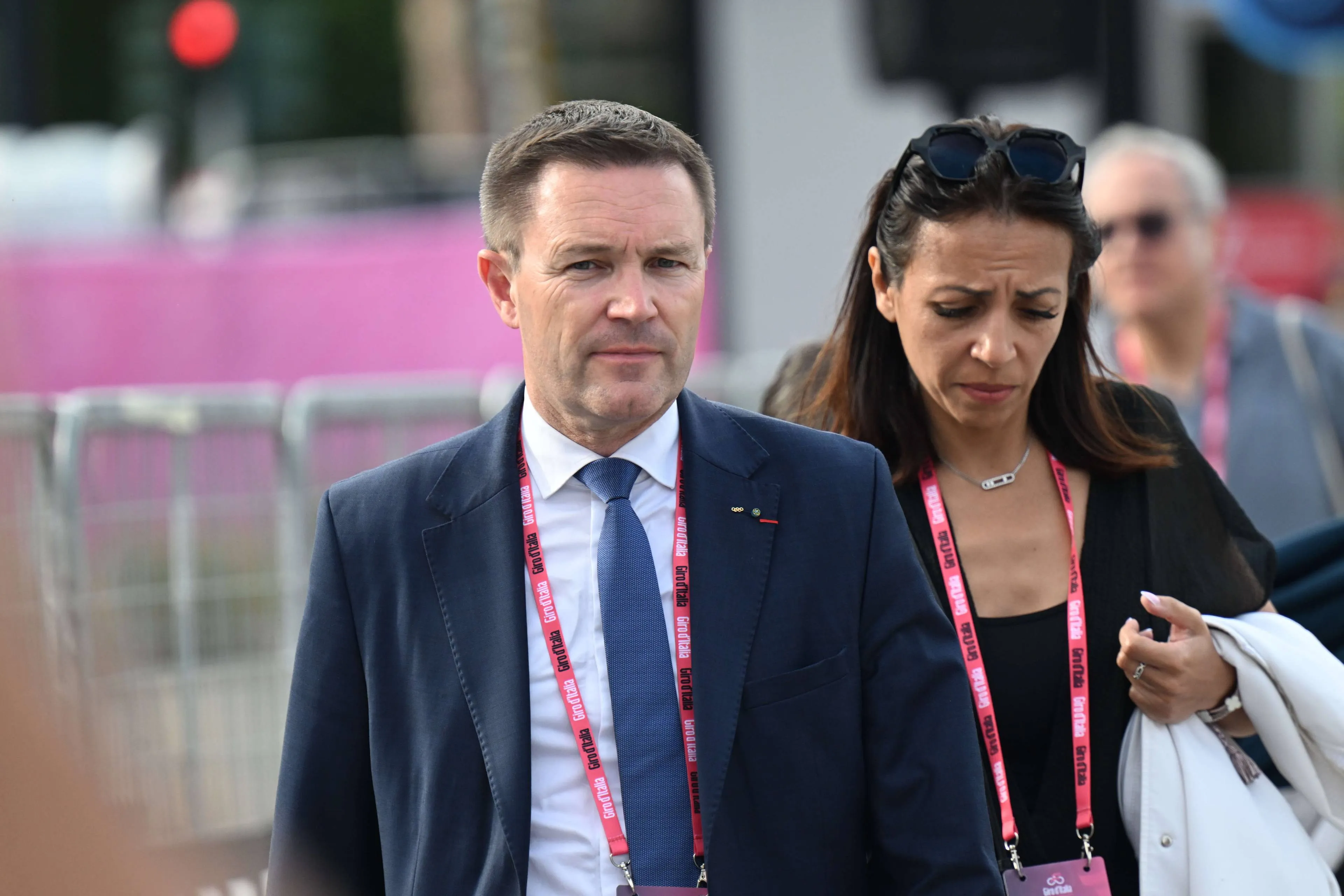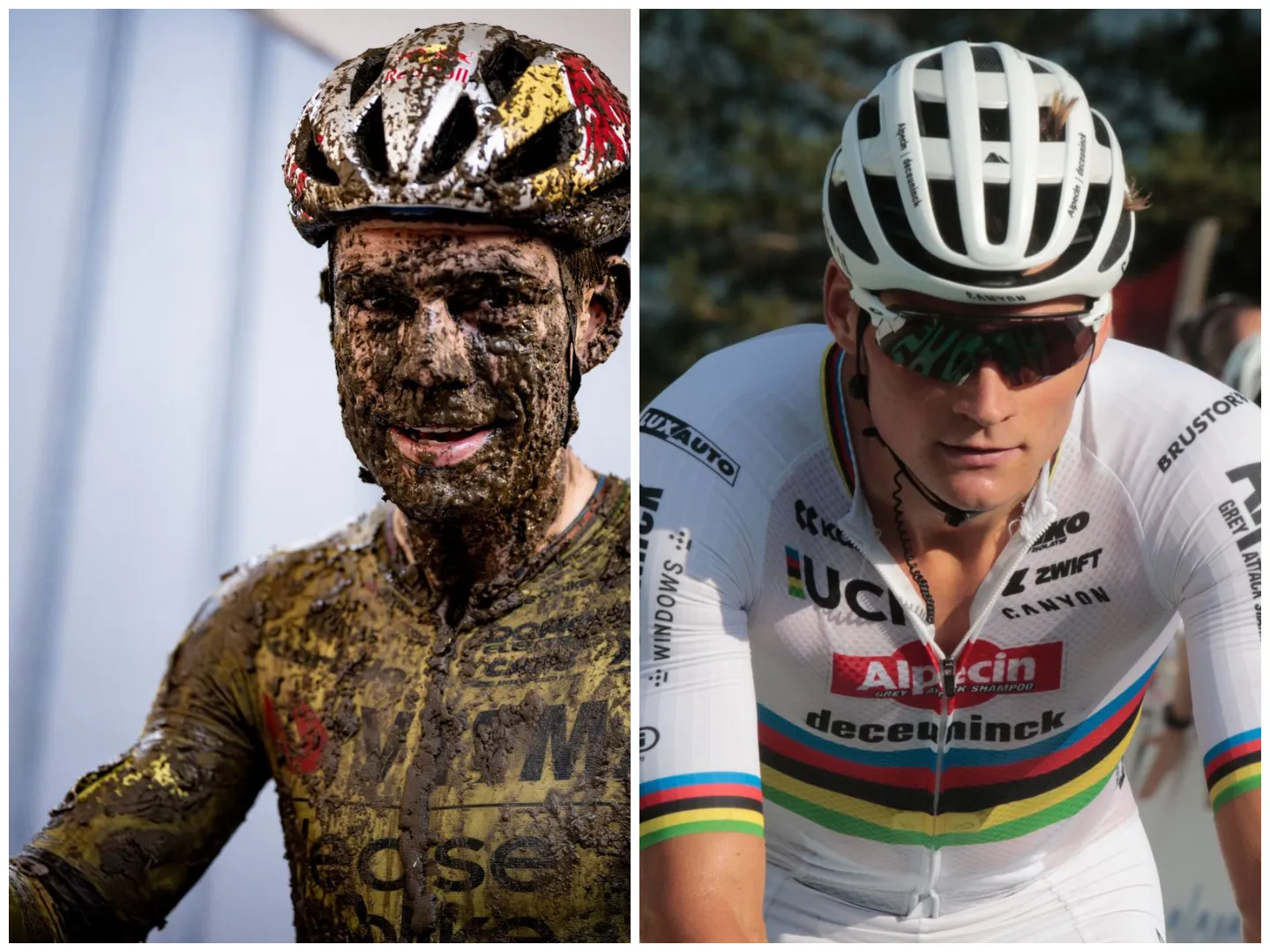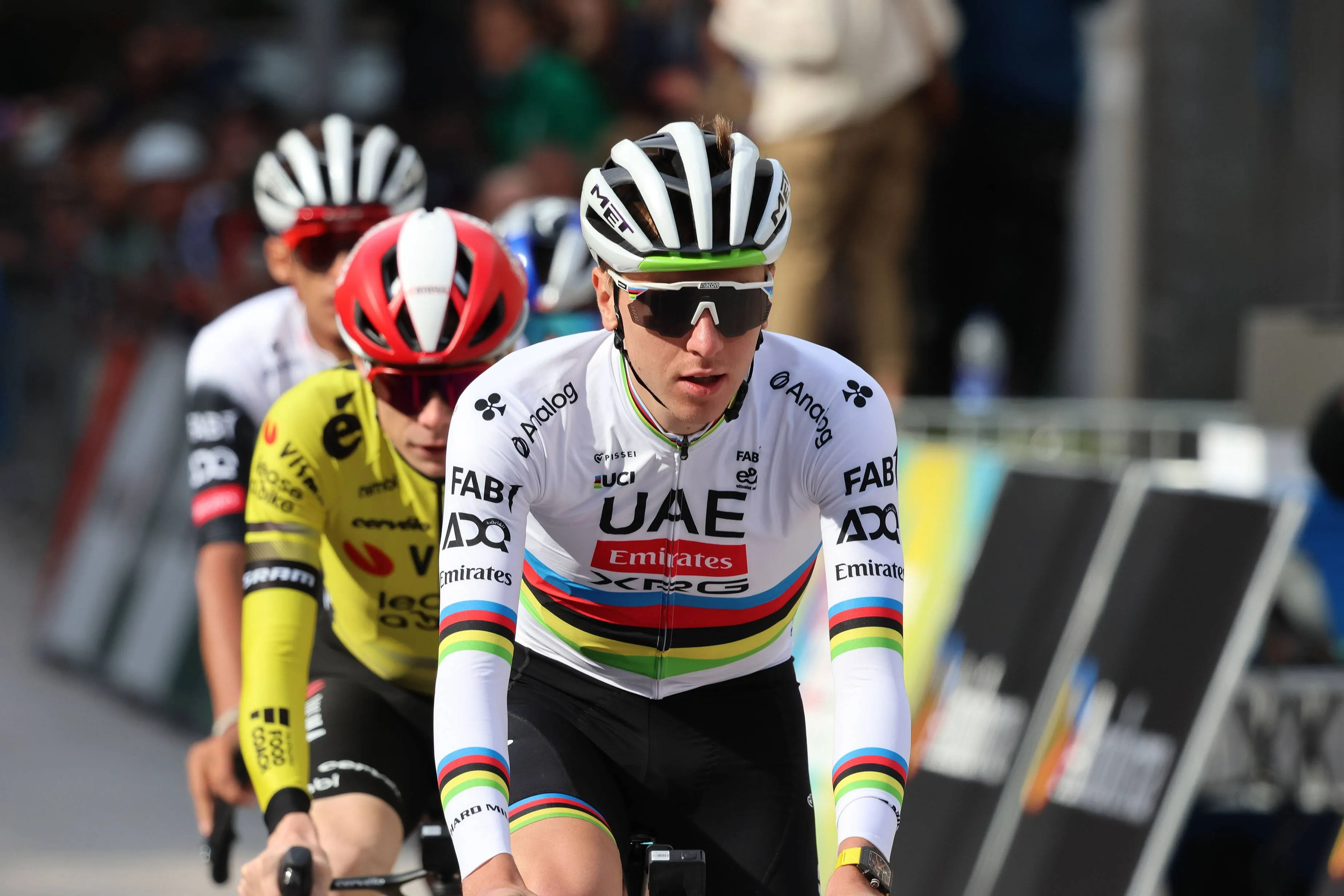Parents of late Furrer still waiting for answers a year after the accident: "There was clearly a major mistake"
CyclingThursday, 23 October 2025 at 07:57
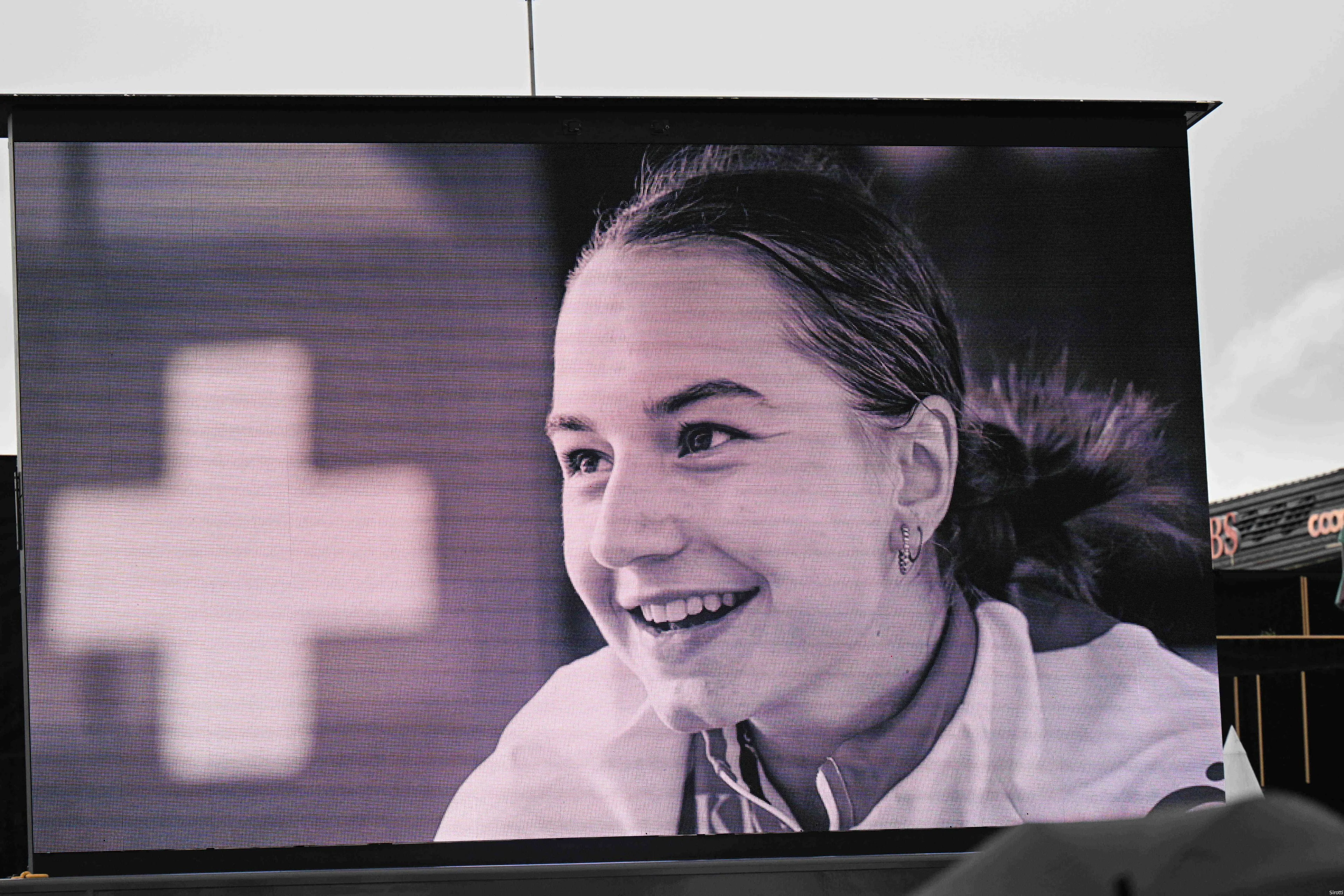
Last year's World Cycling Championships in Zurich will forever be remembered as the terrible race in which 18-year-old Muriel Furrer lost her life. The Swiss cyclist crashed during the race and died as a result, and the circumstances of the accident were extremely distressing. But while the cycling world moves on, her family is still waiting for answers.
ADVERTISEMENT
Furrer fell during a tricky descent and ended up far from the road, in the vegetation. She was found only an hour and a half after she ended up there. The question of how this could have happened haunted everyone's minds, but especially those of her father, Reto, and mother, Christine. It is still unclear exactly how the accident could have happened: the investigation into Furrer's death is still ongoing.
This is very difficult for the parents of the then-18-year-old talent. “It's hard to say whether the conclusions will bring us peace,” her father, Reto, told Le Temps. “There is clearly a major mistake. Muriel was only found 90 or 100 minutes after the accident. If she had been discovered earlier, she might have had a chance of survival...”
ADVERTISEMENT
Whether it will resolve anything remains to be seen. But Furrer's parents know that the truth can be very important. “Many questions remain unanswered. But when a mistake is made, someone is inevitably responsible. If we know exactly what happened and who is responsible, we may be able to prevent such a tragedy from happening again.”
Continue reading below the photo!
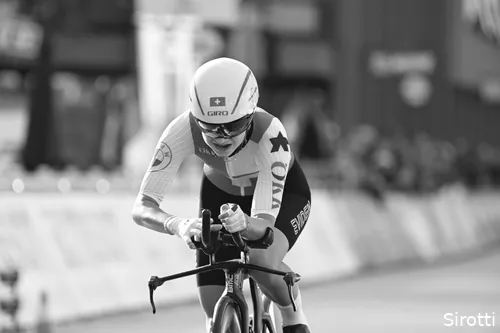
ADVERTISEMENT
Father Furrer works for MTB team: "I feel connected to Muriel"
Reto Furrer is a sales manager, but he is still involved in cycling. He is part of BIXS Performance Race Team, a mountain bike team. “This work makes me feel connected to Muriel.” Some may say that this sport took his daughter away from him. “That's true, but you can't avoid the problems.”
Christine Furrer has also experienced this. The mother of the deceased cyclist has started to push her own limits, such as ice baths in the middle of winter and running. “Sometimes you have to endure extreme experiences to feel alive. You experience this grief day after day, like a stage race. In the morning, you have to get up, but your body says, ‘No, it's impossible.’ That's when exercise helps."
This is how the family is coping, one year after the accident. The cycling world has responded with new measures, such as the GPS trackers that were tested for the first time this year. “We really need to improve the safety of cyclists,” says Furrer’s father, who still sees many areas for improvement. Such as time trial helmets. “They are designed for aerodynamics, not safety.”
Read also
ADVERTISEMENT
IDL-productions
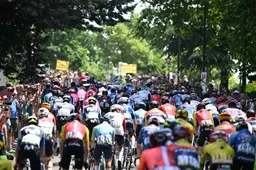
Vacancy: Growth Editor IDL Procycling - (native) English
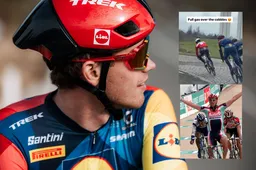
After 20 years, Sweden once again has a talented and ambitious rider for the classics
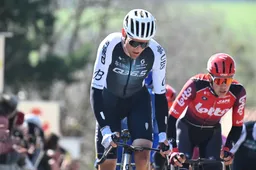
Praise for Pidcock in Bax comeback story: “In terms of professionalism, it’s almost even more serious than at UAE”
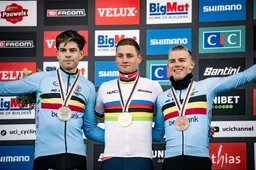
Preview Cyclo-cross World Championship 2026 - elite men | This is what Mathieu van der Poel must take into account in Hulst
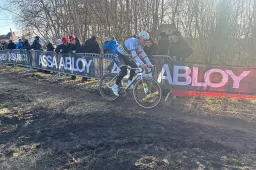
Hard work, sweat, and flat tires: Mathieu van der Poel's three conclusions after the World Cup in Maasmechelen
Latest Cycling News

Vacancy: Growth Editor IDL Procycling - (native) English
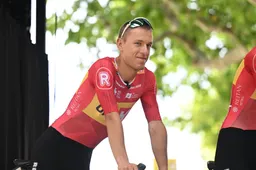
Johannessen agrees with Benoot: 'I think sometimes we just accept the fate before it happens and that is not a good thing for cycling'
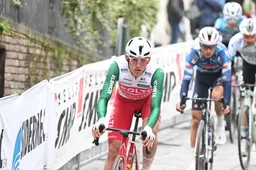
Contador’s team hit hard: rider provisionally suspended for doping as team account is hacked
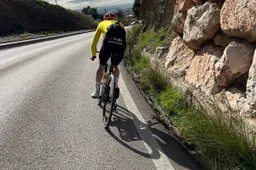
Visma | Lease a Bike confirms crash of Jonas Vingegaard after Strava post from Spanish amateur: 'Jonas was angry with me'
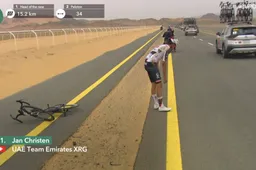
Bad luck continues for UAE as Jan Christen receives time penalty in opening stage AlUla Tour
Popular Cycling News

Contador’s team hit hard: rider provisionally suspended for doping as team account is hacked

Visma | Lease a Bike confirms crash of Jonas Vingegaard after Strava post from Spanish amateur: 'Jonas was angry with me'
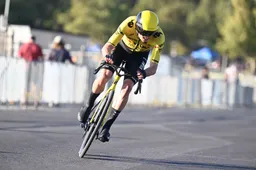
UAE rider Bjerg suffers multiple fractures after kangaroo collision, Visma | LaB's Huising breaks collarbone

Bad luck continues for UAE as Jan Christen receives time penalty in opening stage AlUla Tour

🎥 Evenepoel celebrates birthday in South Africa as training intensifies for 2026
Latest Comments
- Nice!Bea22-01-2026
- Those events are mental rest for him. Fun, without expectations. *Sagan lost his abilities because he gained weight and got lazy. Pogi will likely retire before that has a chance at happening.Veganpotter14-12-2025
- Ah, the consequences of riding for Israel.Veganpotter11-12-2025
- Pidcock could follow everyone but Pogi while finishing 3rd. No second place rider this season😃Veganpotter16-11-2025
- Now the Palestinian protestors can stop their whining. Trump came to the rescue. So they can now STFU and go back to waving the rainbow flags.raufus15-10-2025
- Cracked the code lol. If it was that easy to 'crack the code' jonny Vegas would be charging up the Kwaremont giving Pog a dose of his medicine. Evenepoel can't match pog on a climb and neither can mvdp. Anything with a half difficult climb and Pog smashes the field. Even on flat(ish)parcours like Roubaix it came down to a mistake and crash by pog to definitively crown mvdp. MSR is the only one that Pog probably won't win.kevpt10-10-2025
- We've seen this movie before. I think Pogacar is doping.DeadBlow10-10-2025
- 👍Bea08-10-2025
- 👌🏻Bea08-10-2025
- What the data doesn't show is how much of an effect drafting had for evenepoel. Pogacar went with del toro at 100km whilst Evenepoel was still in the bunch. Despite the bike changes he still had a lot of assistance getting back to the bunch. Pogacar then rode 60km solo whilst evenepoel rode with Healy/Skjelmose until going solo in thd last 10-15km. Thats ~20% less power / energy requirements for 45-50km. Apples and oranges...kevpt30-09-2025
Loading
